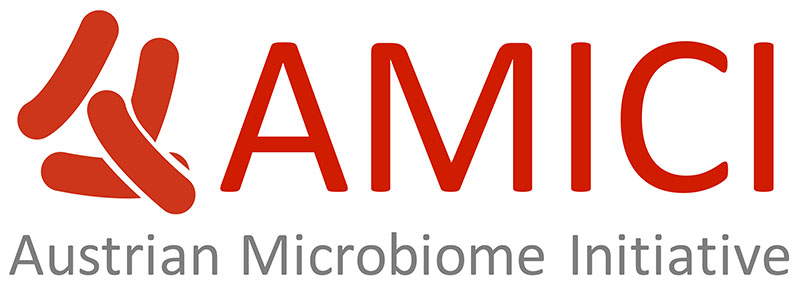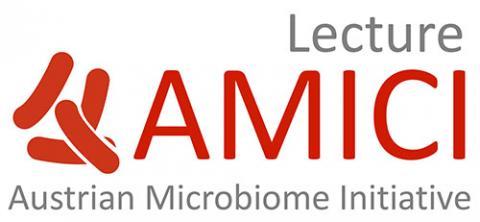Online lecture by Corinne Benakis, Institute for Stroke and Dementia, Ludwig-Maximilians-University, Munich, Germany on Bi-directional communication along the gut-brain axis in stroke in the course of the Faculty of Psychology Colloquium Series at the University of Vienna.
Thursday, 28 April 2022; 3 pm
Host: Isabella Wagner
Send email for ZOOM login.
ABSTRACT
The immune response to acute cerebral ischemia is a major contributor to stroke pathobiology. Besides activation of brain resident immune cells, ischemic stroke is characterized by the recruitment of peripheral immune cells that participate in the inflammatory response and contribute to brain damage. Commensal microbiota plays a defining role in shaping the immune system, its development, maintenance and function of which depends critically on the relative abundance and composition of the different microbial species. In recent years, the gut microbiome – the most abundant symbiotic compartment in the body – has emerged as a potent regulator of neurodevelopment and aging as well as brain diseases including stroke.
My research focuses on how the immune response to stroke is modulated by the gut microbiome and to study mechanisms and consequences of this interaction on stroke outcome.
Today, I will summarize the current findings on the molecular pathomechanisms of the microbiota-brain interaction focusing on the metabolites produced by the gut bacteria which may act as immunomodulators in the context of stroke.
We will examine the impact of these recent insights on generating a novel concept of a bi-directional communication along the gut-brain axis in stroke.

